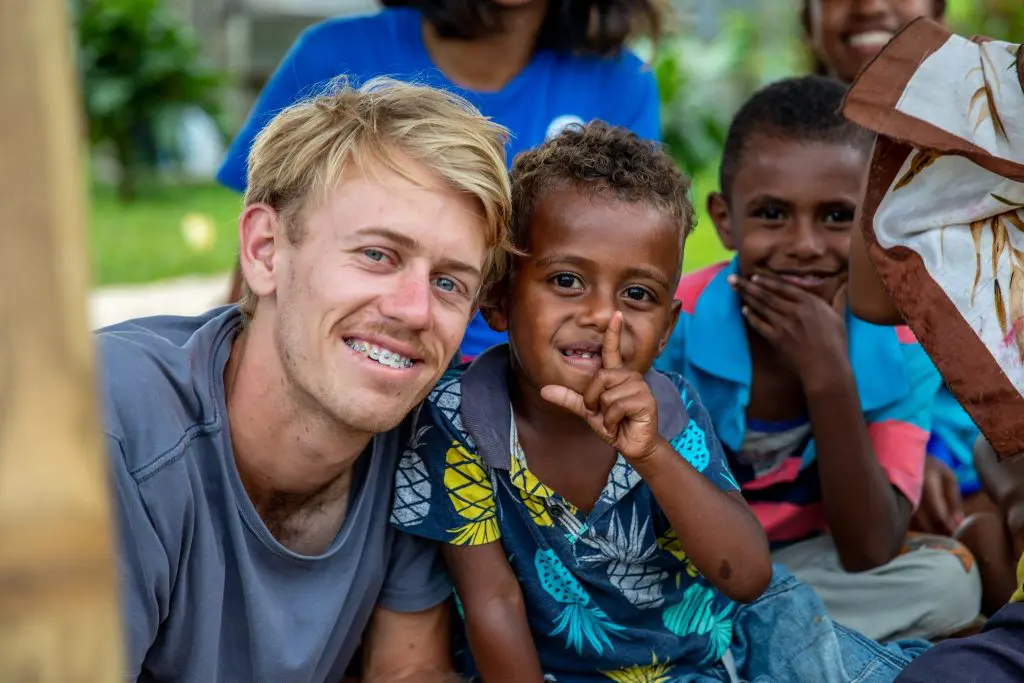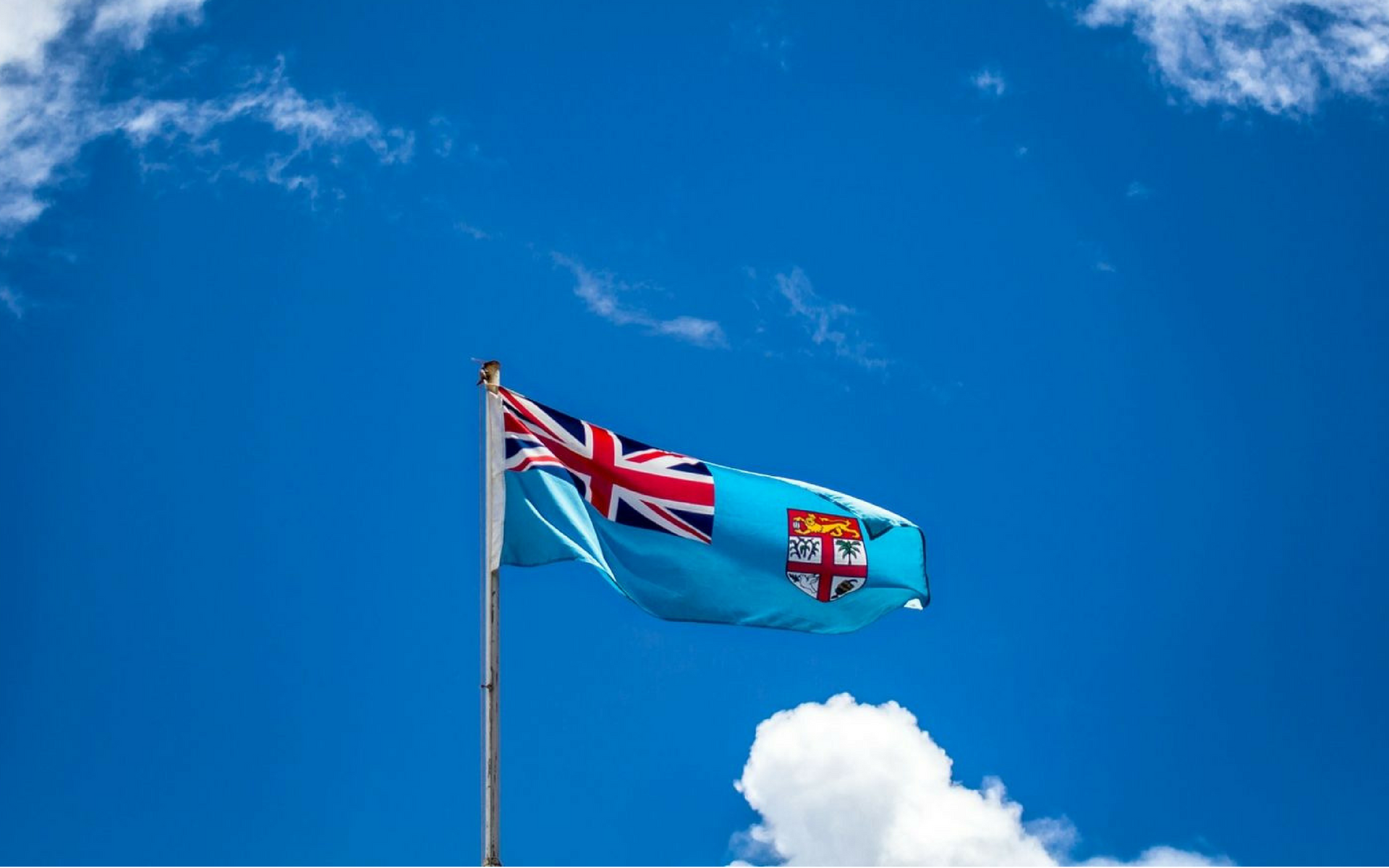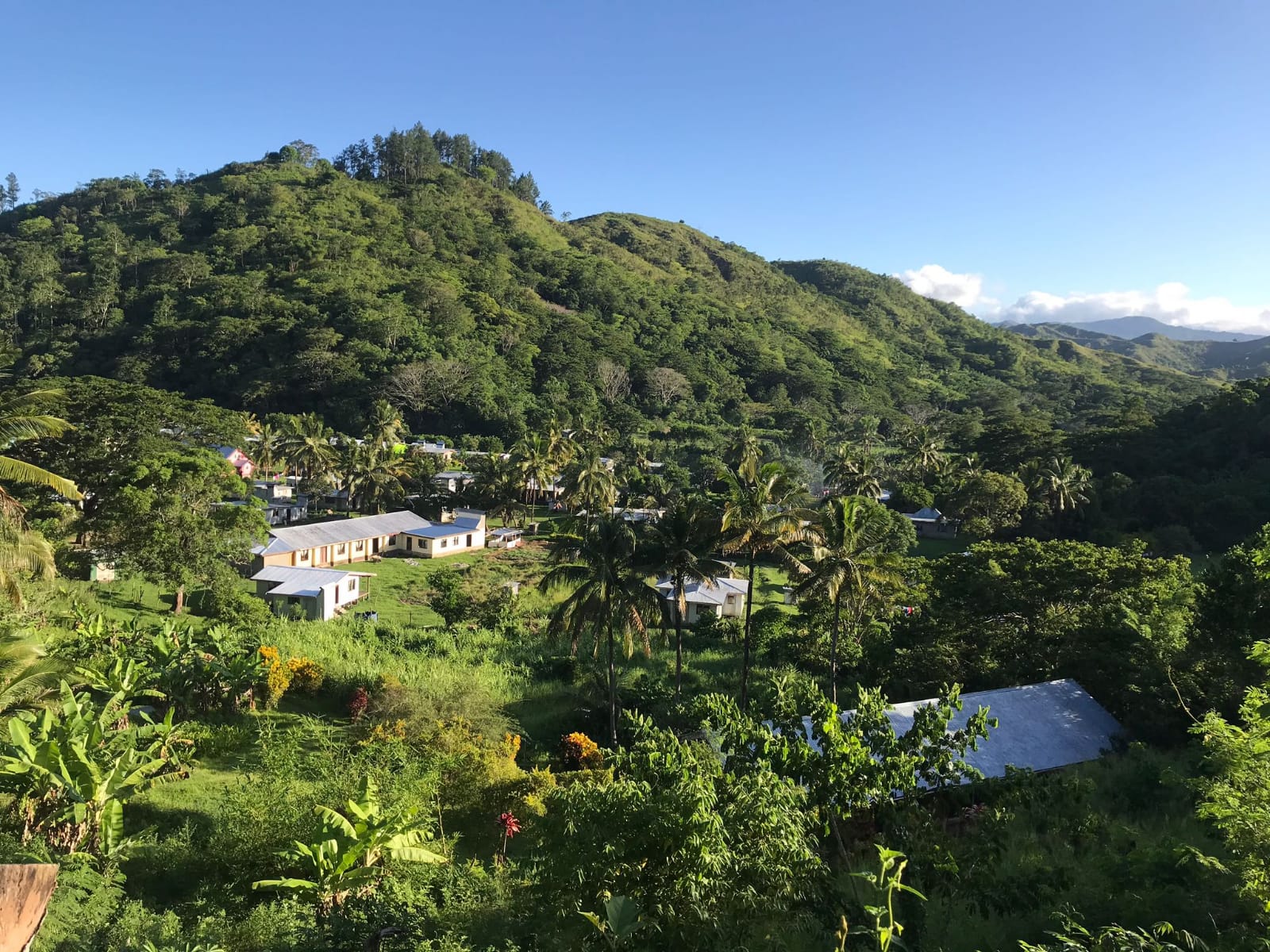By clicking submit, I consent to my personal data being collected, stored, and processed by Think Pacific in accordance with our Privacy Policy.
Fiji’s National Development Plan
Before taking on a Think Pacific project and supporting the aims for development in Fiji, for you to approach it effectively and with the appropriate mindset you’ve first got to come to terms with Fiji’s own aims that drive the work of our partners and inevitably, us! In this section, we briefly cover Fiji’s published roadmap for development, reflect on some of the main points and think about how they may alter your approach to how you may contribute on project.
The sustainable development principles underpinning the SDGs have long been the underlying principles for Fiji’s national development. In implementing the SDGs, Fiji has adopted a ‘whole- of-Government’ approach and has utilized national development planning as the primary instrument to drive forward SDGs implementation. In 2017, The Fijian Government launched its 5-Year & 20-Year National Development Plan (NDP) with the vision of transforming Fiji. The NDP is the outcome of a nationwide consultation process that involved the private sector, civil society, community groups, government and the general public reflecting the aspirations of the Fijian people and their Government’s commitment for a transformed Fiji. Mainstreamed and integrated within the various thematic areas of the NDP are the 17 SDGs—15 SDGs explicitly integrated into the corresponding 29 strategic priorities of the NDP while SDG 10 (reduce inequalities), SDG 12 (responsible consumption and production) and SDG 13 (climate action) are treated as cross-cutting issues across the NDP. Consequently, the SDG implementation and its monitoring hinge on the NDP processes.
At the sector level, SDGs have already been integrated into sectoral strategic plans and policies in many sectors including but not limited to education, health and agriculture. Fiji also recognises that, while Government holds the important responsibility for achieving the SDGs, it is in everyone’s interest and everyone’s responsibility including private individuals, private enterprises, NGOs and CSOs to advance the sustainable development agenda. Working with these multiple stakeholders, the Fijian Government is helping advance socio-economic development and empowerment of all Fijians.
In the quest for creating a transformative Fiji, unprecedented investment has been undertaken in the education sector through introduction of free education, free textbooks and subsidised transportation to school. This is the single most important vehicle to empower young Fijians including the empowerment of the disadvantaged. Maternal and child mortality rates have been reduced, density of health workers has increased, and universal health coverage is the highest among Pacific Island Countries. Non-communicable diseases have become a health pandemic.
The strong and sustained growth momentum experienced over the years, places Fiji in a very opportune space to embrace a new wave of development with shared prosperity and inclusiveness at its heart. The Fijian economy has achieved nine years of consecutive growth – an extraordinary achievement in the country’s post-independence history. This unprecedented economic growth is resulting in declining poverty and inequality and has enabled massive investment in infrastructure allowing access to markets and opportunities.
Successful partnership with private individuals, private enterprises, NGOs and CSOs has been fundamental in delivering critical services in Fiji. These range from large scale infrastructure projects to community-based development initiatives.
On a per capita basis, Fiji’s financial commitment towards the expansion of legal aid services ranks Fiji as a world leader in funding access to justice. This gives more low-income earners in Fiji greater opportunity to seek legal advice and enjoy the security, assurance and full protection of the law, creating an equal society.
Fiji is vulnerable to the impacts of climate change and has been vocal about this in the international arena. Fiji’s global leadership on two important SDGs on climate change and oceans has been demonstrated through the co-hosting of the 2017 United Nations Ocean Conference and the Fijian Presidency of COP23. Fiji’s political leadership in these areas will be critical for building momentum on climate and ocean action and for the mobilisation of resources to climate vulnerable countries. Fiji is a signatory to a number of climate change related international agreements, and has integrated climate change into the National Development Plan to bolster climate and ocean action at the local level.
“It is a 20-Year Development Plan that provides the forward-looking vision for ‘Transforming Fiji’ towards an even more progressive, vibrant and inclusive society. It outlines a framework that encompasses strategic policy manoeuvres, new approaches to development and the aspirations of all Fijians.”
Inclusive socio-economic Development – will ensure that all socio economic rights in the Constitution are realised. Inclusivity will be at the centre of growth and development, and the benefits of prosperity will be spread as widely as possible to improve the social well-being of all Fijians. No one will be left behind regardless of geographical location, gender, ethnicity, physical and intellectual capability and social and economic status.

- Fourfold increase in GDP per person
- Government debt to be reduced to 35 percent of GDP
- Reducing unemployment rate to below 4 percent
- Eradicating poverty
- 100 percent access to clean and safe water and proper sanitation
- Electricity for all
- Provision of affordable housing
- Universal access to quality education
- High quality healthcare system
- Women in development
- Food and nutrition security
- Protecting culture, heritage and natural environment
- National security
Transformational Strategic Thrusts – are game changing forward-looking policy shifts to expand our development frontier and support the vision of transforming Fiji. New and emerging growth sectors will be nurtured, connectivity within and to the outside world will be improved, new technologies will be embraced, productivity will be maximised, human capital development will be accelerated and green growth will be a key guiding principle in the implementation of this Plan.

- Nurturing new and emerging growth sectors
- Micro, Small and medium enterprise development
- Agriculture
- Tourism
- Resource
- Traditional skills
- Sporting facilities
- ICT and media
- Improving transport and digital connectivity
- Road transportation
- Air connectivity
- Port services and inter-island network
- Digital connectivity
- Skill development and demographic dividend
- Embracing appropriate and new technology for productivity improvement
- Building vibrant cities and towns and stronger rural economy
Fiji’s unprecedented progress in recent years has been both guided and inspired by aims of the 2030 Agenda and the 17 Sustainable Development Goals. Fiji’s commitment towards sustainable development is reflected across the nation’s development aspirations and engrained within the three pillars of Fijian democracy, the judiciary, the legislature and the executive.
Fiji’s SDG review is a comprehensive review of the implementation of the transformative 2030 Agenda and its 17 SDGs. As Fiji’s first-ever national review of this nature, the Fijian government has made a special effort to ensure inclusivity throughout the exercise, underpinned by an unwavering commitment to leaving no Fijian behind.
Fiji’s 5-Year and 20-Year National Development Plans are the blueprints for Fiji’s continued development through 2030 and beyond. The plans, both developed through a nationwide consultation process, embody the key goals and principles of the SDGs. Through the FNDP, Fiji has mapped out our agendas for climate action, green growth, environmental protection, gender equality, disability assistance and good governance, along with the development of new and existing sectors of our economy and other key metrics of societal progress. The FNDP recognises the natural synergies that exist between these development areas, and minimises overlaps and maximises efficiency through a cross-cutting interagency approach.
Click the link below to access reports, statements and partners that inform Fiji’s 2019 review.
Click to explore Fiji’s 2019 SDG Review

